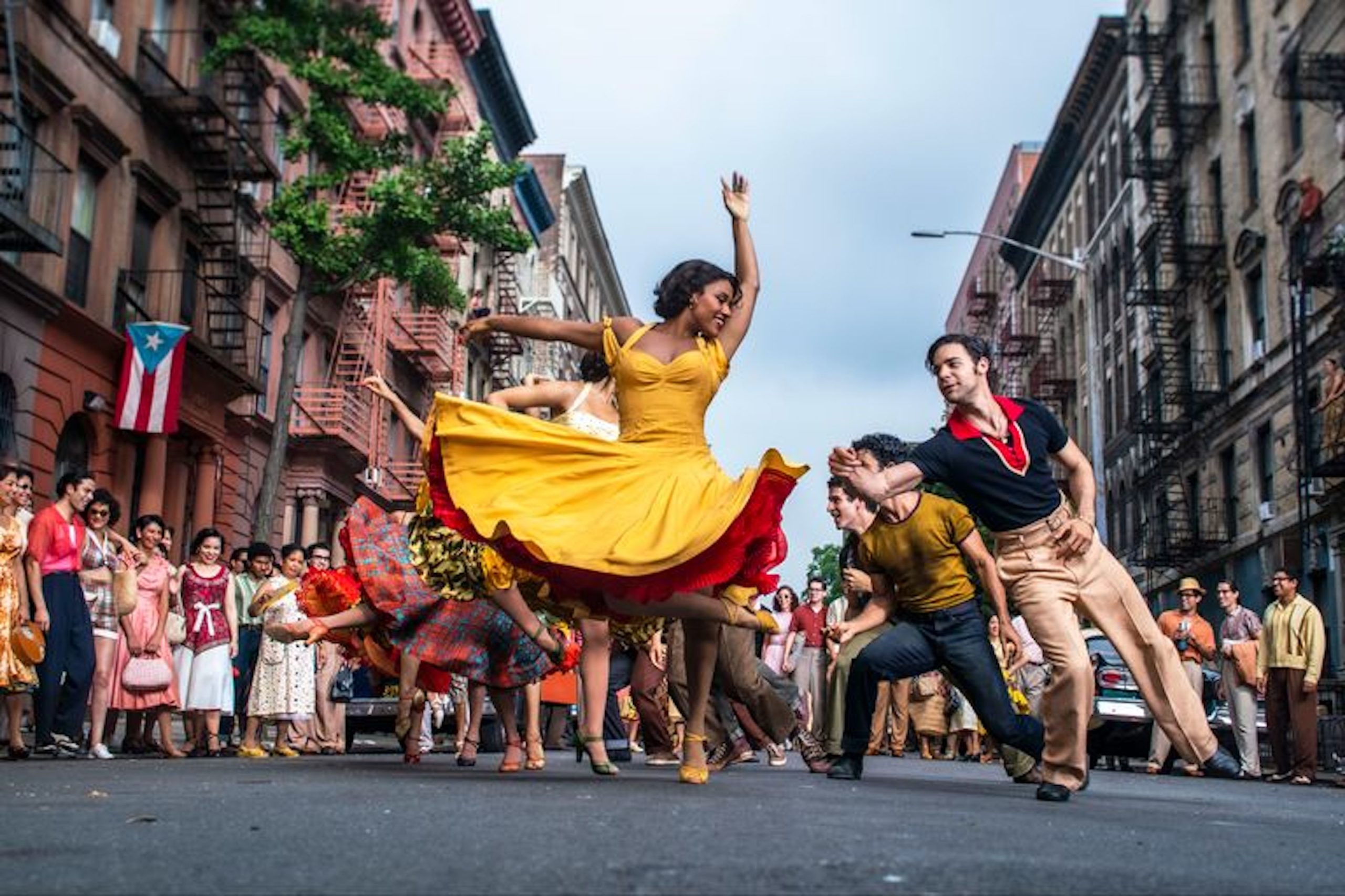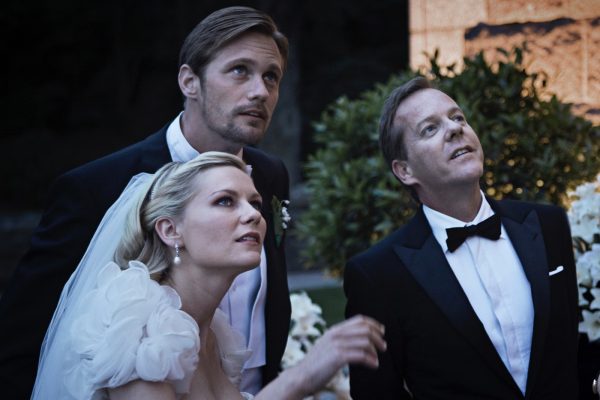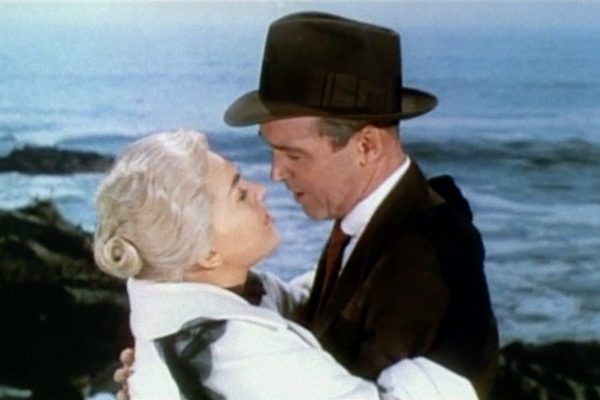With awards season upon us, we have decided to dive into our archive and pull out some of our best film writing for this week’s reading list. From *that* scene in Basic Instinct to the obsessions of Hitchcock, Welles, and Kubrick, a host of writers break out the popcorn and analyze old and new classics from interesting angles.
The 2021 remake of West Side Story is up for seven nominations at the Academy Awards tonight. While director Spielberg is hotly tipped to walk away with some gongs, a new essay argues that this “woke” version is not the film Puerto Ricans deserve. Lamenting the tragedy of progressive Hollywood, writer Éric Morales-Franceschini contends that while critiques of racism have a “seat at the table” in blockbuster movies today, critiques of capitalism and imperialism do not. “The remake keeps in place presumptions that Latino/as come to the United States in search of ‘better opportunities,’” he writes. “It assumes Latino/as are fleeing poverty, dictators, and narco-states without any account of the U.S. State Department’s and U.S.-based corporations’ heavy hand in the fabrication of such deplorable conditions.”
Hollywood hits appear elsewhere in our recent archive. Enjoying a second wind during the ongoing COVID-19 pandemic, Steven Soderbergh’s Contagion seemed to be the must-see movie of quarantine. But, writing for us at the start of the pandemic, film studies scholar Mark Bould applies a critical eye to the film, arguing that it confuses virology with the invisible workings of capital. Continuing in this bleak vein, essays from Bonnie Honig and Stephen Phelan analyze movies that imagine apocalyptic scenarios, from Melancholia to Threads. And if you’re up for something a little weirder, then we recommend 1974 cult-classic Penda’s Fen. In our pages, Andy Battle connects it to buried pasts and Walter Benjamin.
At the opposite end of the spectrum, superhero movie Black Panther gets teared apart in our viral essay from Christopher Lebron, who argues that it is “a movie about black empowerment in which the only redeemed blacks are African nobles.” Don’t want to stop there? We’ve got a ton of celluloid criticism online from the late Alan Stone—Boston Review’s in-house film critic from 1998 to 2016—who chronicled everything from Pawel Pawlikowski’s Ida to Winona Ryder’s portrayal of borderline personality disorder in Girl, Interrupted.
Virology is often confused with the invisible workings of capital.
In the face of climate apocalypse, the rich have been devising escape plans. What happens when they opt out of democratic preparation for emergencies?
In the 1974 cult-classic teleplay Penda’s Fen, the past holds the key to escaping the catastrophic present.
Boots Riley’s film, Sorry to Bother You, roasts racial capitalism and issues an unapologetic call for revolution.
A new book takes on the titans of twentieth-century cinema, fetishes and all.
The movie, unique for its Black star power, depends on a shocking devaluation of Black American men.














